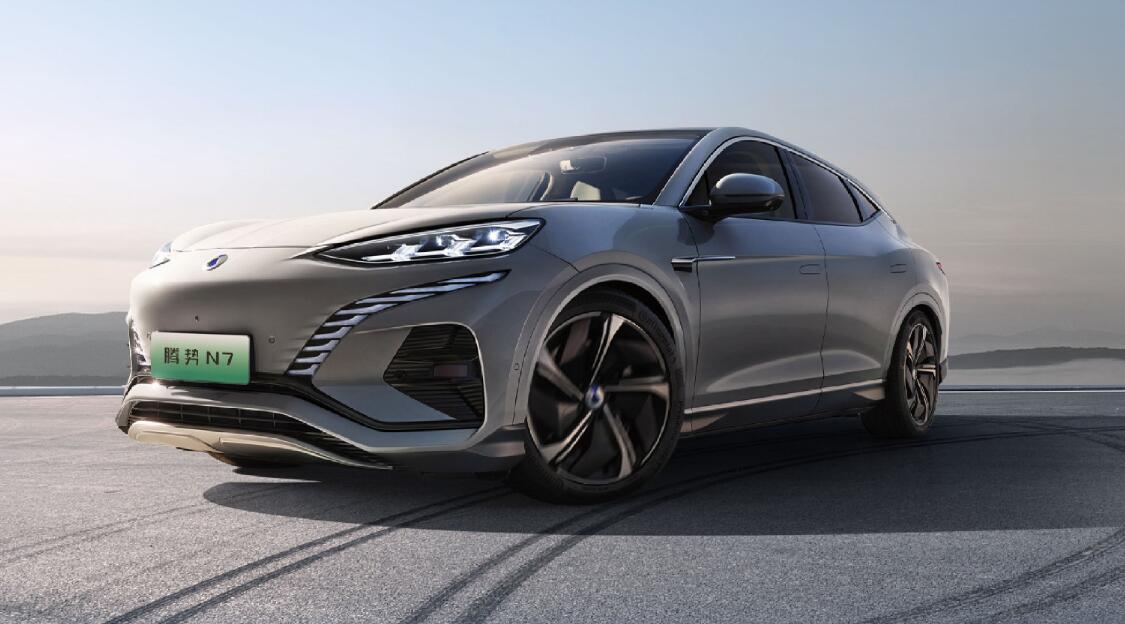Earlier today, Bloomberg reported that the company is considering filing for its $1 billion Hong Kong IPO as soon as this month.

Neta Auto, the electric vehicle (EV) brand owned by Hozon Auto, saw deliveries rise about 18 percent last month and denied reports that it plans to make an initial public offering (IPO) in Hong Kong.
Neta delivered 13,029 vehicles in May, up 18.35 percent from 13,029 in the same month last year and up 17.59 percent from 11,080 in April, data released by the company today showed.
From January to May of this year, Neta delivered 50,285 vehicles, up 0.62 percent from 49,974 in the same period last year.
Neta was founded in October 2014 and its first model was launched in November 2018.
Its cumulative deliveries since the company's inception stand at 298,334 vehicles, data monitored by CnEVPost show.
It delivered 152,073 vehicles in 2022, an increase of 118.26 percent year-on-year.
Neta has previously been seen as a budget EV maker, as its vehicles are priced primarily to target the lower end of the market.
The company's previous main-selling models, the Neta V and Neta U, were priced in China at around RMB 100,000 ($14,090) to RMB 150,000.
The Neta S is Neta's first effort at the upper end of the market, where it sells for about RMB 300,000. On April 18, the Neta GT sports car went on sale with a starting price of RMB 178,800 to RMB 227,800.
Earlier today, Bloomberg reported that Hozon Auto is considering filing for its $1 billion Hong Kong IPO as soon as this month.
The company has included ABC International Holdings Ltd and China Merchants Bank International to the banks working on the listing, the report said.
Neta later posted a statement on Weibo denying the report, calling it untrue.
Neta saw its 300,000th production car roll off the line yesterday, 16 months after its 100,000th car rolled off the line.
Neta opened its global headquarters in Shanghai on May 29. Previously it had a Shanghai headquarters in Minhang district, a design center in Beijing and a factory in Tongxiang, Zhejiang province.
($1 = RMB 7.0984)
The post Neta deliveries up 18% MoM in May, denies HK IPO plan appeared first on CnEVPost.
For more articles, please visit CnEVPost.


















